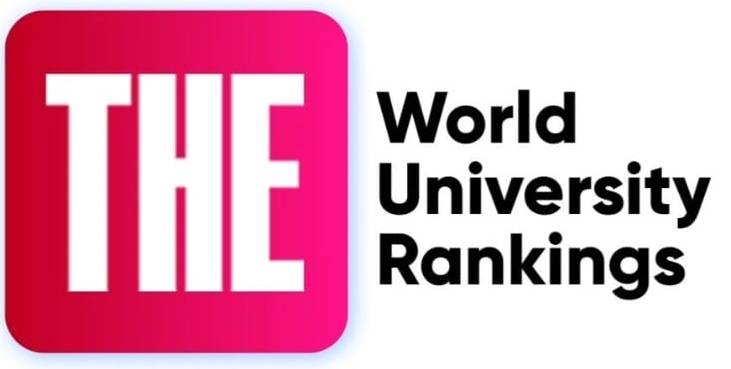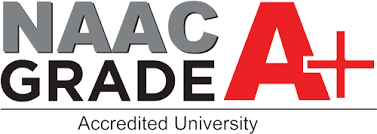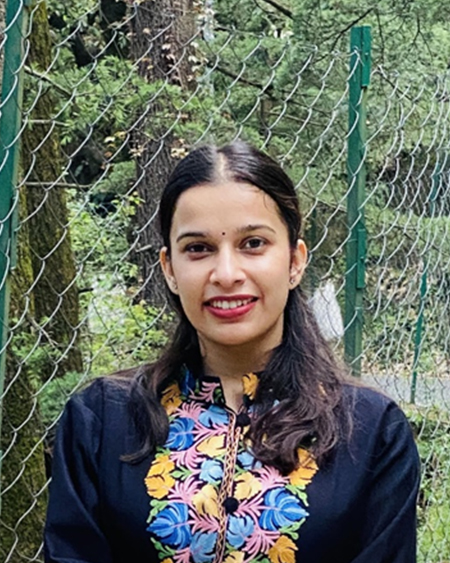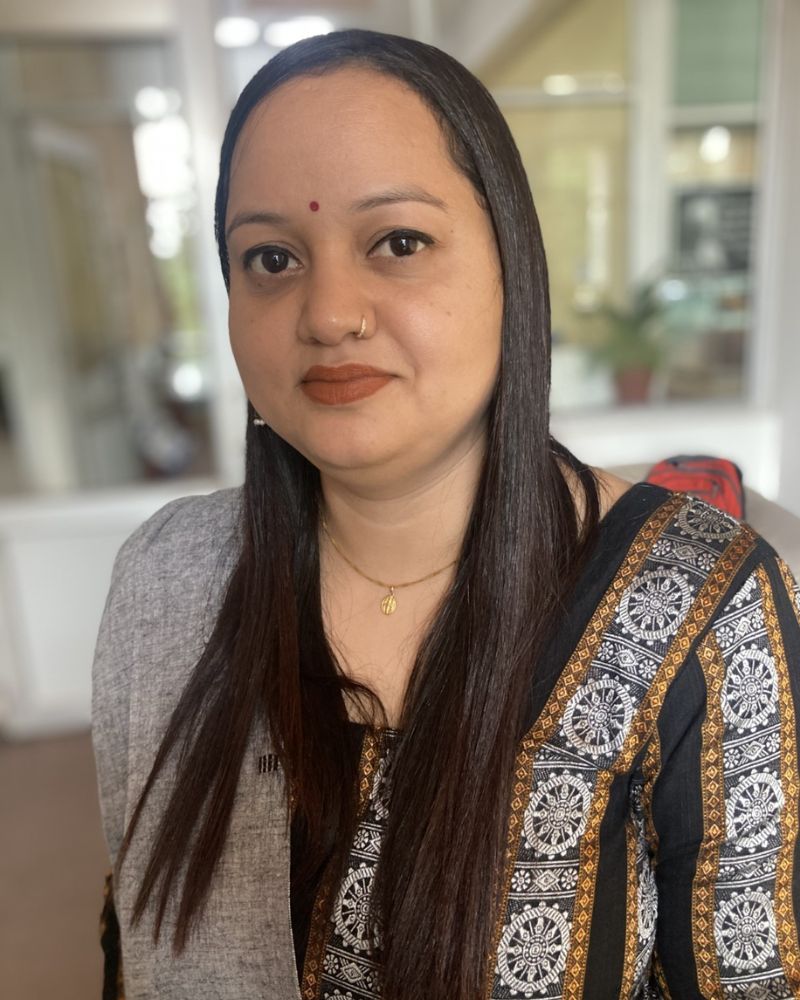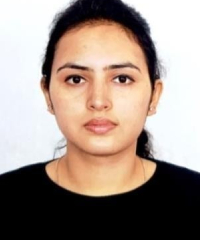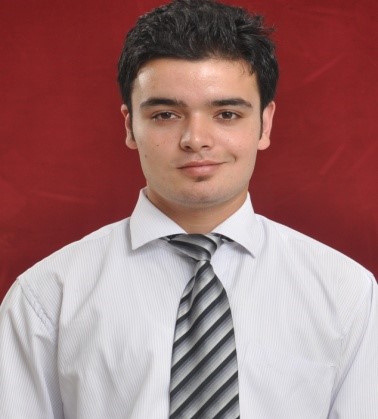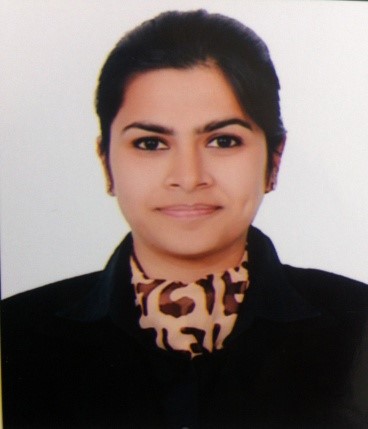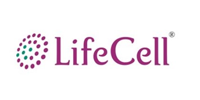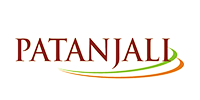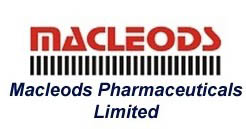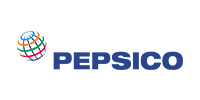BSc (Hons) Nutrition and Dietetics
Eligibility : 10+2 (in any stream) with minimum 55% marks
- Duration : 4 years
- Admission Criteria : CUET/ NEET/JEE/ SAT or Shoolini University's multiple choice entrance test, and faculty interaction
We are what we eat! This is the focus of BSc Nutrition and Dietetics at Shoolini University as it explores the relationship between the body and food. It involves the study of food management, maintaining and improving health through nutritious food, enhancing the quality of life and overall well-being by advocating a healthy diet and exploring healthier dietary modifications.
BSc Nutrition and Dietetics at Shoolini University is UGC certified.
Shoolini University is graded among the top 5 universities as our publication and research match global standard. Our BSc students pursue masters, take up jobs in respectable companies and they are able to clear competitive exams.
Practical-based learning: Modules such as MOOCs classes, training for projects, and SPRINT™ allow students to pick up skills that are imperative to success.
International collaborations: Students have opportunities to explore student exchange programs at University of Reading, Sheffield Hallam University, Western Sydney University etc.
Research Areas |
Highlights |
| Sports Nutrition | Child and Women Nutrition | Weight Loss and Gain Management | Nutraceuticals | Ethnic Food Nutrition | Diet Therapy | Diet Planning | Nutrition Counselling | Learn from professors from Oxford, NIH, IISc | 104+ Labs | 10 Centres of Excellence | Bachelors are trained to scientists | Learn from Top 2% scientists of the world |
VISION
The Nutrition and Dietetics program aspires to be a pioneering force in education, research, and innovation, cultivating graduates who are exceptionally prepared to spearhead advancements in the field of nutrition and dietetics with excellence and ethical conduct
MISSION
MISSION-1: Educating students from diverse backgrounds in the essential skills, knowledge, and practices of Nutrition and Dietetics to equip them for prominent roles in the nutrition and health industries, and to facilitate their ongoing progression in related disciplines
MISSION-2: Establishing collaborations with leading institutions to foster research initiatives and entrepreneurial development among students, enabling them to contribute meaningfully to the evolution of nutrition science and dietary practices
MISSION-3: Facilitating employment and networking opportunities for students by forging connections with industry leaders, alumni, and international networks, thereby empowering them to advance in their careers and stay abreast of industry trends
MISSION-4: Providing research and professional services to streamline and optimize processes that contribute to the enhancement of individual and community well-being through evidence-based nutritional interventions
MISSION-5: Serving as a nexus that links research, academia, industry, and society, with a commitment to sustainable development, ensuring the integration of cutting-edge knowledge and practices to address the evolving challenges in nutrition and dietetics
PROGRAM EDUCATIONAL OBJECTIVE
- PEO-1: To develop the ability to apply the knowledge of Nutrition, food biochemistry, food science and technology, microbiology, Community and Public health, cost effective sensory evaluation to the development, processing, and preservation of safe, nutritious, and high-quality food products
- PEO-2: To develop the capability to apply latest nutrition diet treands, meal planning technological tools and novel techniques in food processing with respect to social and global framework
- PEO-3: To develop the ability in students to gain knowledge related to food, nutrition industries, field and skills which are necessary in life for the holistic development for meeting their professional needs in varying environment and changing contexts
- PEO-4: To develop the capability to utilize advanced instruments and technologies to process and analyze malnutrition and to solve therapeutic lifestyle problems.
- PEO-5: To nurture competent professionals instilled with leadership traits and ethical duties
PROGRAM OUTCOME OR PROGRAM SPECIFIC OUTCOME
- PO-1: Disciplinary knowledge: Students can demonstrate comprehensive knowledge and understanding of one or more disciplines such as advance nutrition, biochemistry, mathematics, community nutrition, microbiology, diet therapy, food safety and regulations, sports physiology and nutrition etc with support of different elective subjects, food service management. Understand how knowledge is created, advanced, renewed and apply in national and global context
- PO-2: Communication: Development of students’ communication skills is planned through a writing seminar (English) which is compulsory for each student. Besides that, the students do various assignments such as sprint that enable them to develop skills in public speaking writing and effective’s interpersonal skills. Presentations in each paper enhances their confidence, ability to express themselves, presentation skills
- PO-3: Design/Development of Solutions: Graduates should be able to design solutions for nutrition related problems, taking into account the constraints and societal needs. This involves applying principles of meal planning, community/public health, and related fields
- PO-4: Research-related skills: Students develop a scientific temper and a sense of enquiry through various nutrition and dietetics field papers. They have capabilities in asking relevant questions relating to current issues and themes and state hypothesis and rationale for inquiry. Students can use appropriate research methodology especially for understanding public health, community nutrition and meal therapeutic planning in different formats. Create, select, and apply appropriate testing techniques, resources, and modernization of nutritious field and anthropometric tools and statistic techniques for carrying forward research
- PO-5: Modern Tool Usage: Proficiency in using modern tools, equipment, and techniques relevant to nutrition, including laboratory instruments and computational tools
- PO-6: Leadership enthusiasm/qualities: Students have leadership qualities in organizing teams and their mobilization for effective problem solving in different Food Nutrition Meal planning. Students apply creative leadership for realization of various goals. As a leader, they are trained to have greater client sensitivity and connect. They can organize food charts and design meal plans, innovative nutritious new product development for health related or community target groups
- PO-7: Self-directed learning: Students can work independently and are able to apply the concepts of Food science and Nutrition in an original; creative manner to solve and manage real life issues for the clients and hospitals. Students develop customized the diet charts as per the requirements of clients e.g. Celiac disease, heart diseases, diabetes etc. Students are confident of working in diverse socio-cultural contexts. They can effectively engage with multicultural groups and teams and plan proper meal with different income groups
- PO-8: Ethics: Adherence to ethical principles and professional codes of conduct in nutritional research, development, and application
- PO-9: Individual and Teamwork: Capability to function effectively as an individual and as a member or leader in diverse teams in multi-disciplinary settings
- PO-10: Communication: Effective communication skills, both written and oral, including the ability to present technical information to diverse audiences
- PO-11: Project Management and Finance: Understanding of nutrition economic, principles and their application to public nutrition projects, including project planning, budgeting, and resource management
- PO-12: Life-Long Learning: Recognition of the need for and an ability to engage in life-long learning, keeping abreast of contemporary issues and advancements in nutrition and dietetics field
- PSO-1: Apply nutritional knowledge in solving modern day problems in health, lifestyle and diseases
- PSO-2: Develop entrepreneurship and start up skills in the field of Nutrition
- PSO-3: Understanding and hands on experience of various Community health nutrition tools and techniques which are required in the modern world
- PSO-4: Catering to the requirements and demands of different nutrition and food science industry
BSc (Hons) Nutrition and Dietetics Career Opportunities
- Nutritionists
- Management Dietitians
- Nutrition Specialist in Pharma and Healthcare
- Child and Women Nutritionist
- Clinical Dietitians
- Consultant Dietitians
- Diet Coach and Educator
- Community Dietitians
- Nutrition Counsellor
- Sports Nutrition and Dietetics
|
|
|
|
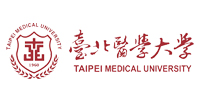
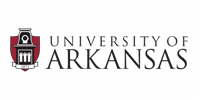
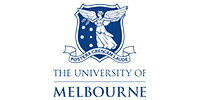
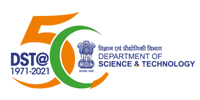
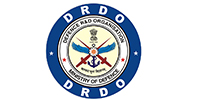
Program Details
Top Faculty
Student Voices
Top Campus Recruiters
Some of the major companies that visit our campus and hire our graduates are:
Frequently Asked Questions
Who teaches BSc (Hons) Nutrition and Dietetics at Shoolini University?
Shoolini University has experienced research-oriented postdoc faculty from top national and international institutions such as Oxford, National Cancer Institute (USA), NIH (USA), and IISc Bangalore.
What are the future opportunities after completing BSc (Hons) Nutrition and Dietetics from Shoolini University?
The degree prepares graduates for jobs in varied domains such as hospitals,Health centres, multinational corporations. They can also work in governmental and non- governmental organisations as chief nutritionists. Students avail international exchange opportunities at campuses like Stanford University (USA) and Gachon University (South Korea).
How do you expose students to industry experience?
Our learning programs are based on industrial applications. Industrial training is a part of the curriculum for exposure to the working environment. The university arranges industrial visits for real-life working scenarios. They gain advanced and industry-relevant skills that help them further their career goals.
Is practical training a part of BSc (Hons) Nutrition and Dietetics?
We provide competitive internships, training and placement support with various global universities and food industries. Our students engage in collaborative learning facilitated by group projects and file patents under the guidance of our faculty members. We also follow the one-student one-patent norm.
What placement opportunities are available for students who have completed BSc (Hons) Nutrition and Dietetics at Shoolini University?
Our fully functional Placement Cell has tie-ups with various industry giants including Cremica, Verka, Abbott and Nestle who visit the Shoolini campus during Placement Week for on-the-spot Placements. Our 'Mission 130' aims at 100 per cent employability with 30 per cent in top companies.
Do you have a strong alumni network?
Yes, our strong alumni network provides ample opportunities and a powerful platform for students to network and develop professional connections, making them industry-ready.
Latest Blogs
Explore the latest insights and updates in our newest Shoolini University blogs!
Still have Queries? Contact Us
Please fill in the form and an expert from the admissions office will call you in the next 4 working hours.

